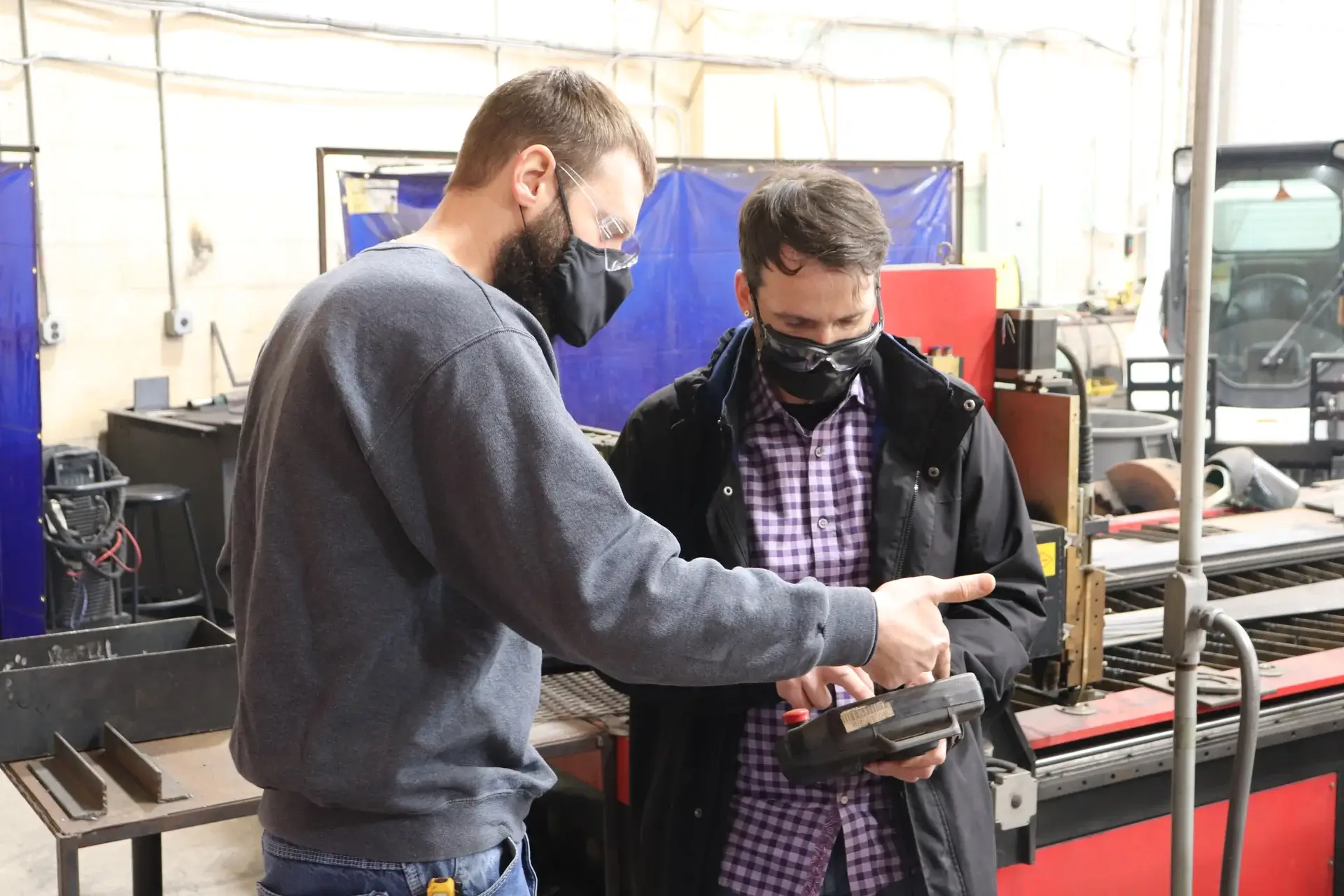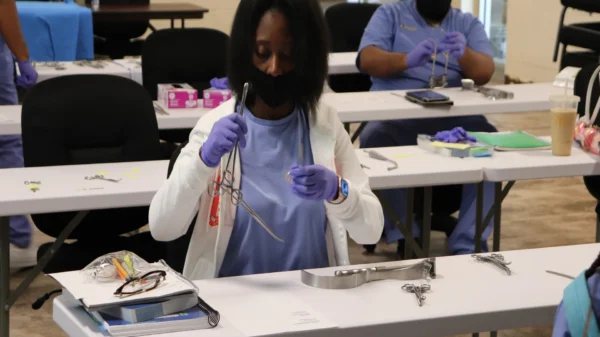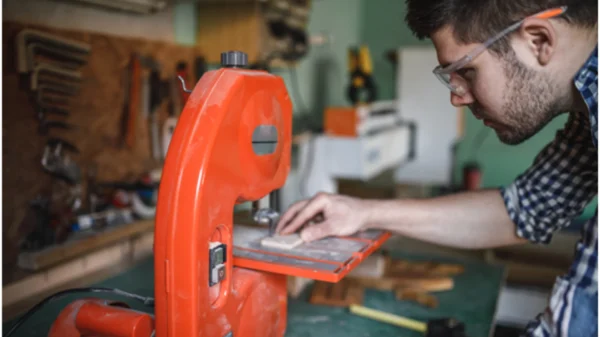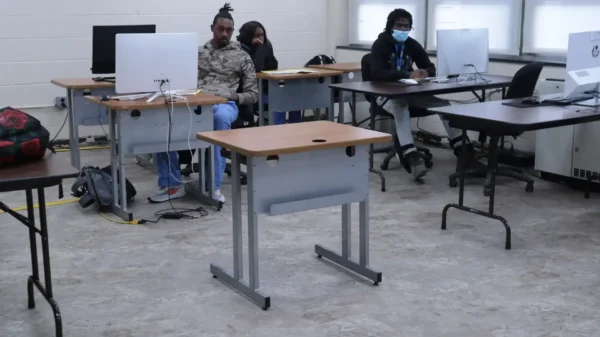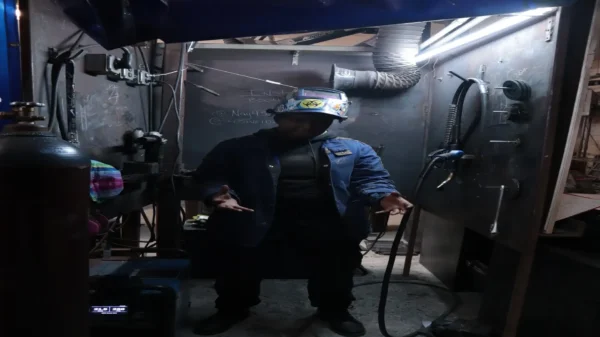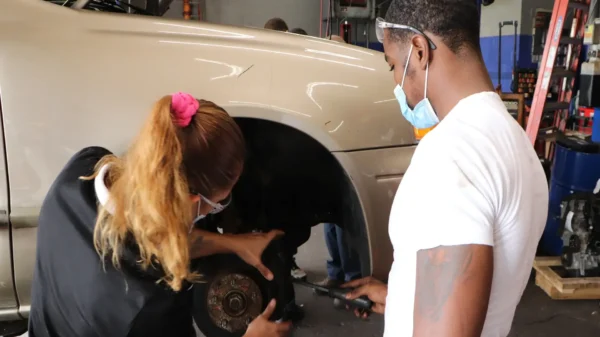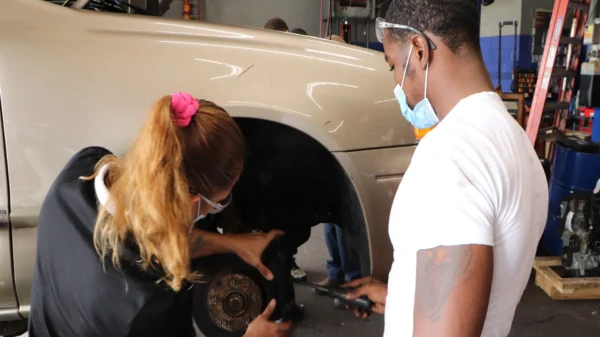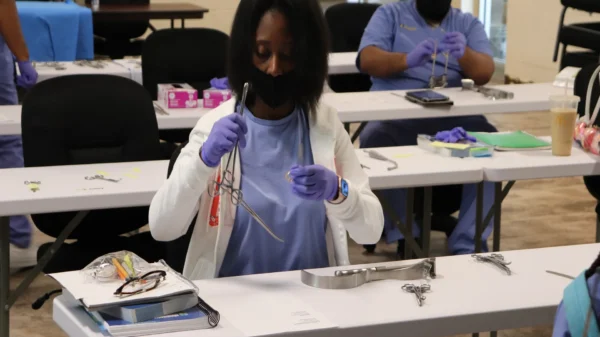Careers in welding offer many different alternatives in numerous industries. In this article, we will list the different viable careers in welding that a potential welder can seek to pursue what satisfies their soul and body.
What Does It Take To Become A Welder
What does it take to become a welder?
Education requirements for welding vary extensively by the employer. Some employers only need a high school diploma, while others also need that you pass an employer-based test. For some firms, it is expected to have an undergraduate college degree, along with further training and certification.
Most employers expect you to have a welding certificate, which you earn when you finish a certified welding program. This program tests welders on protocols that are utilized in the sheet metal, structural steel, oil pipelines and chemical refinery welding businesses.
Types of Welding careers
Analyze the different types of welding careers available to you:
1. Master Welder
National average salary: $14.12/hour
Major duties: Master welders are accountable for constructing, fabricating and renovating welding metals and stones.
Their main responsibilities include:
- Cutting and moulding soft metals into welding pieces
- Soldering articles of jewellery together
- Restyling, resizing and fixing up jewellery and
- Smoothing soldered joints with hand files.
2. MIG Welder
National average salary: $16.15/hour
Major duties: MIG welders estimate, cut and assemble articles of metal using an electric arc and inert gas.
Their normal duties include:
- Interpreting blueprints and specifications efficiently
- Determining exact gas ratios
- Preparing work textures and metals
- In all procedures, MIG welders are required to assure assembly that is cautious, effective and each joint is healthy during and after project completion.
3. Sheet Metal Worker
National average salary: $17.26/hour
Major duties: Sheet metal workers are accountable for composing, installing and conserving thin sheet metal properties. Their fundamental duties include:
- Welding thin plate metals and related materials
- Fastening metal layers
- Creating supportive frames
- Bolting materials jointly
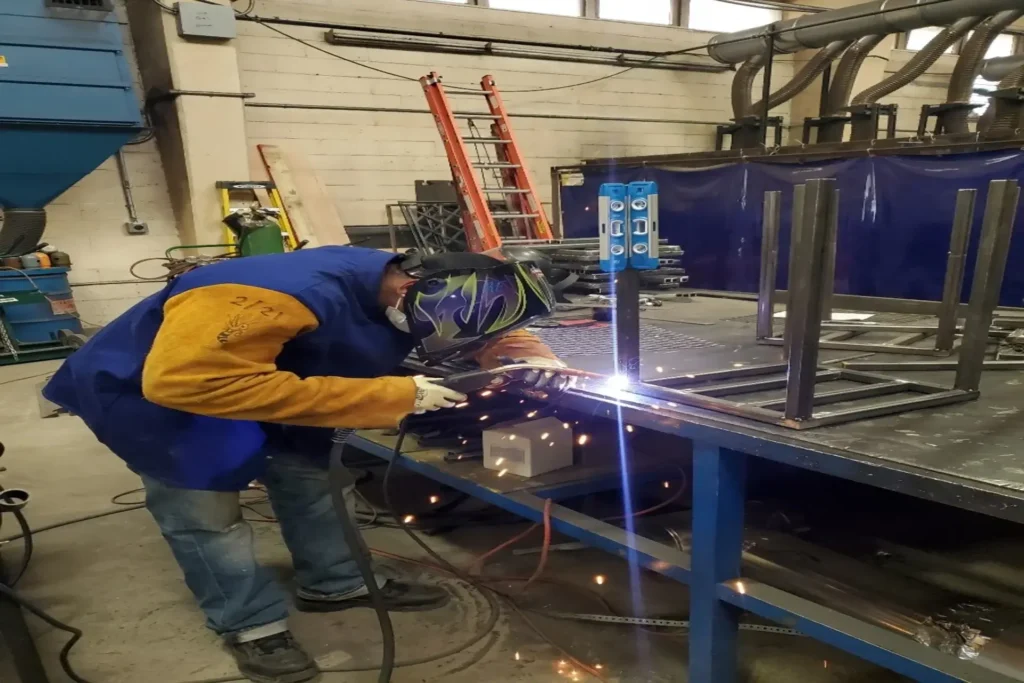
4. Fabricator/Welder
National average salary: $17.73/hour
Major duties: Fabricators and welders are accountable for formulating, chopping and moulding metal.
Their fundamental duties include:
- Evaluating engineering diagrams
- Performing productive welding of various metal objects
- Analyzing charts
Cutting all-metal consequently
5. Structural Iron And Steelworker
National average salary: $20.39/hour
Major duties: Structural iron and steel workers are accountable for laying out and assembling steel and iron, to build structures.
Their duties include:
- Making, welding and trimming structural metal in assembling shops
- Drilling slots into steel for bolts
- Cutting bars with metal shears and torches
- Tightening wires with jacking equipment
6. Welding Inspector
National average salary: $23.92/hour
Major duties: Welding inspectors are accountable for ensuring that weldments and welding-related actions comply with quality and safety standards.
Their fundamental duties include:
- Verifying that the fabric is correct and in order
- Watching climate conditions
- Monitoring repair work by protocols
- Making sure each weld is unmistakable and identified
7. Tool And Die Maker
National average salary: $24.94/hour
Major duties: Tool and die makers are accountable for analyzing specifications, using machine tools and fitting and compiling parts to make dies.
Their fundamental duties include:
- Cutting, shaping and cutting off blocks to specified lengths and structures
- Using computer-aided developed software to design and formulate new tools and dies
- Operating drill presses to drill and tap slots in parts for assembly
- Lifting and setting materials or workpieces onto production device
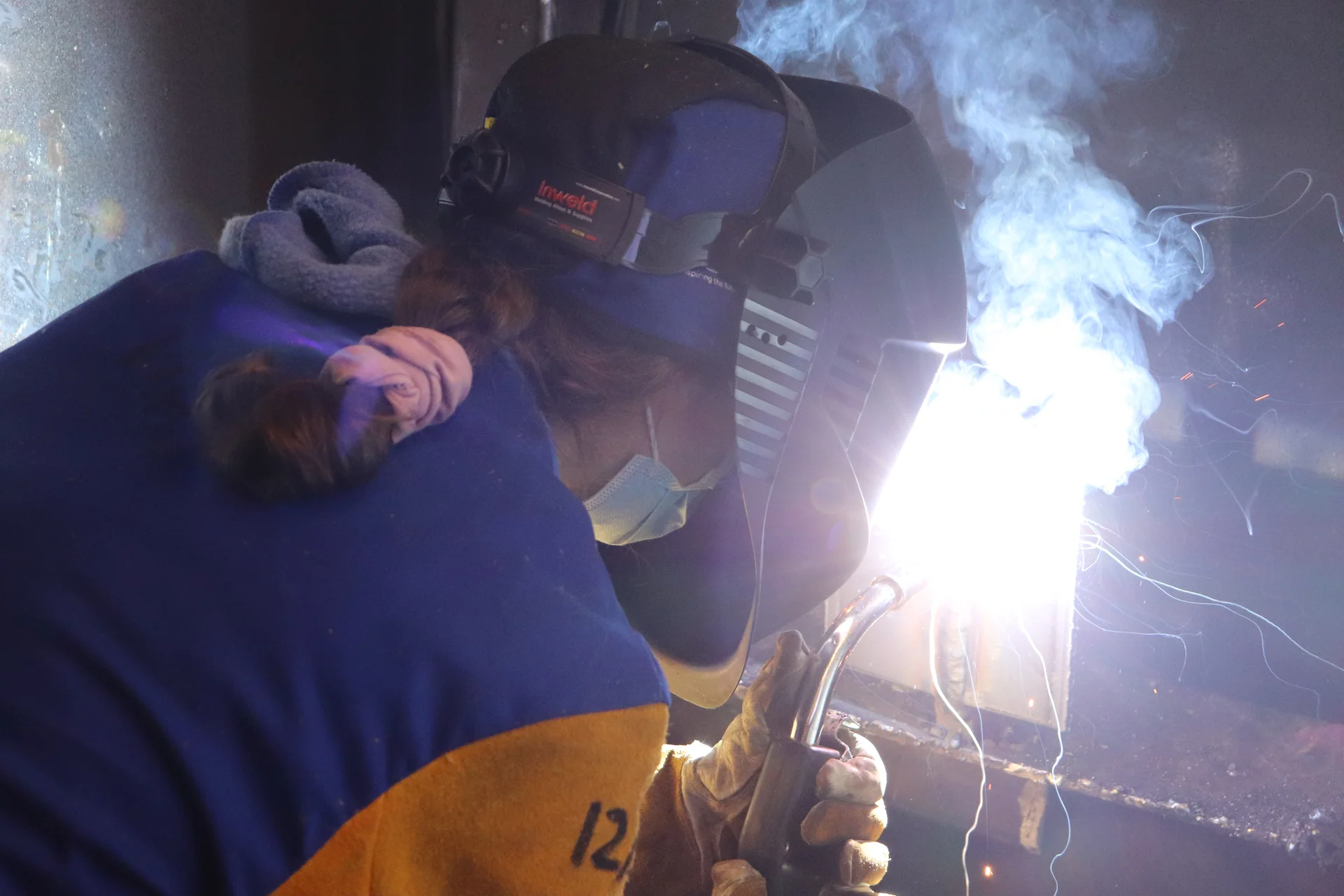
8. Master Plumber
National average salary: $25.38/hour
Major duties: Master plumbers are accountable for scheduling preventive maintenance, conducting repairs and maintaining the inspection backflow preventer.
Their typical responsibilities include:
- Plumbing parts
- Equipment welding
- Ensuring device is handled and maintained appropriately
- Promoting the advancement of safety in the workplace
- Installing, rebuilding and replacing domestic cold and hot water lines
- Providing dimensions and diagrams to drafters for developing plans
9. Oil Rig Welder
National average salary: $26.01/hour
Major duties: Oil rig welders are accountable for maintaining and mending the rig structure.
Their fundamental duties include:
- Performing regular repairs
- Building new metalwork as required
- Constructing pipes; bonding metals to build vessels and beams
- assuring the proper use, storage and supervision of welding equipment
10. Pipefitter
National average salary: $27.71/hour
Major duties: Pipefitters are accountable for the layout, assembly, installation and supervision of pipe systems.
Their welding work includes:
- Welding, soldering joints on pipes
- Attaching pipes to fixtures using welding appliances or clamps
- Resolving pipe problems, such as leaks or clogs
- Using specialised power tools to wipe out and replace worn-out elements.
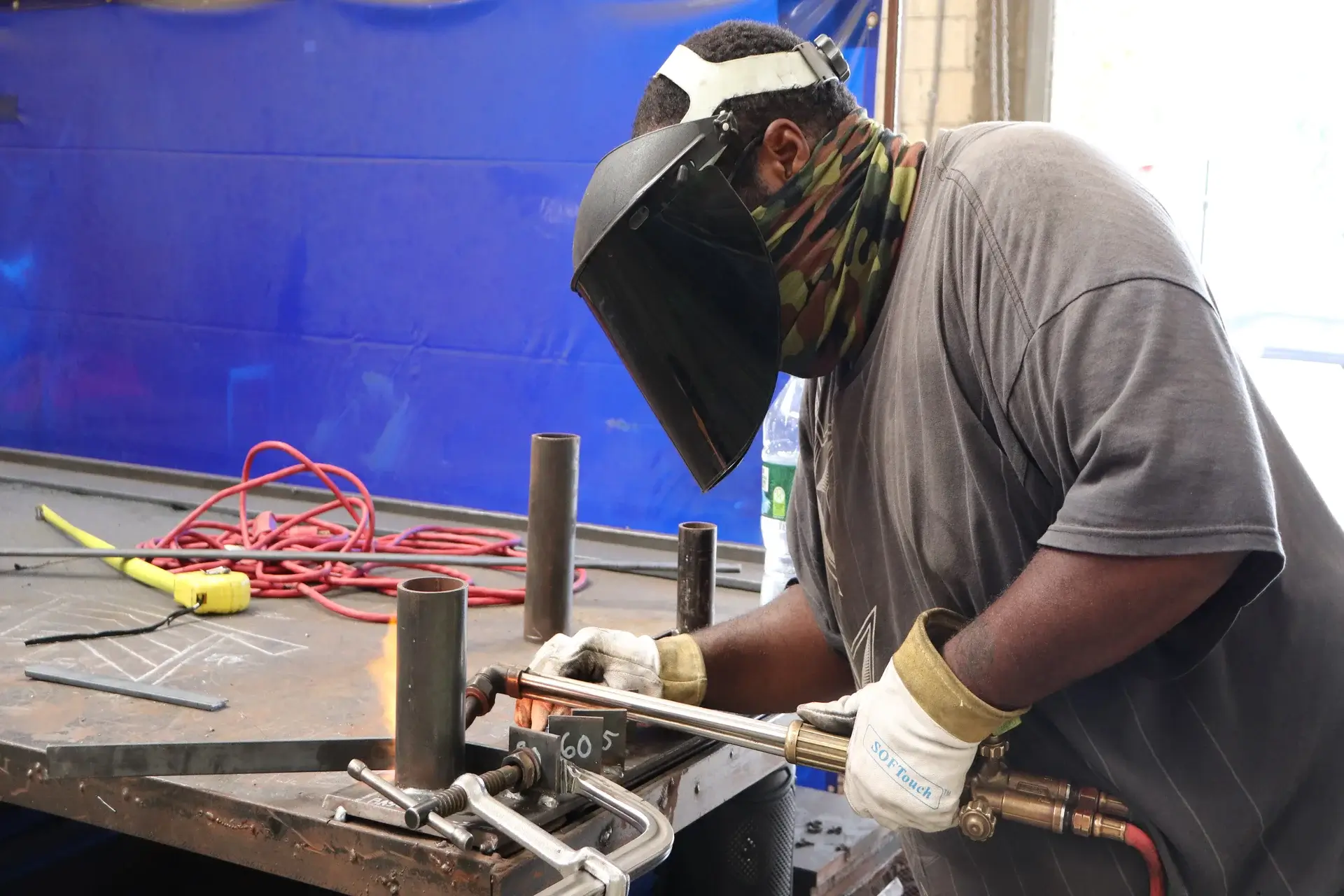
11. Auto Body Welding Technician
National average salary: $59,302/year
Major duties: Auto body welding technician is accountable for repairing and refinishing automobile bodies, as well as straightening vehicle structures.
Their fundamental duties include:
- Removing broken or destroyed parts of vehicles with metal trimming guns
- Installing replacement pieces using a welder
- Inspecting repaired automobiles to check for dimensional accuracy
- Performing test drives to examine for proper alignment and handling
- Shaping plastic panels by using heat with a hot-air welding gun
- Removing broken panels
- Observing the properties of the plastic used on the vehicle.


